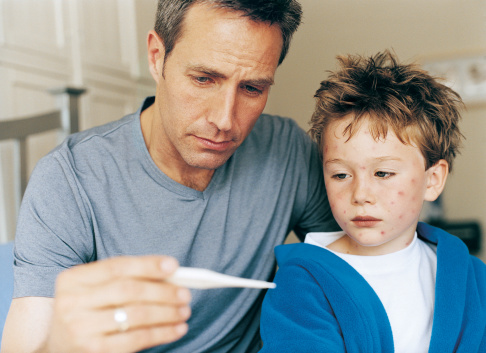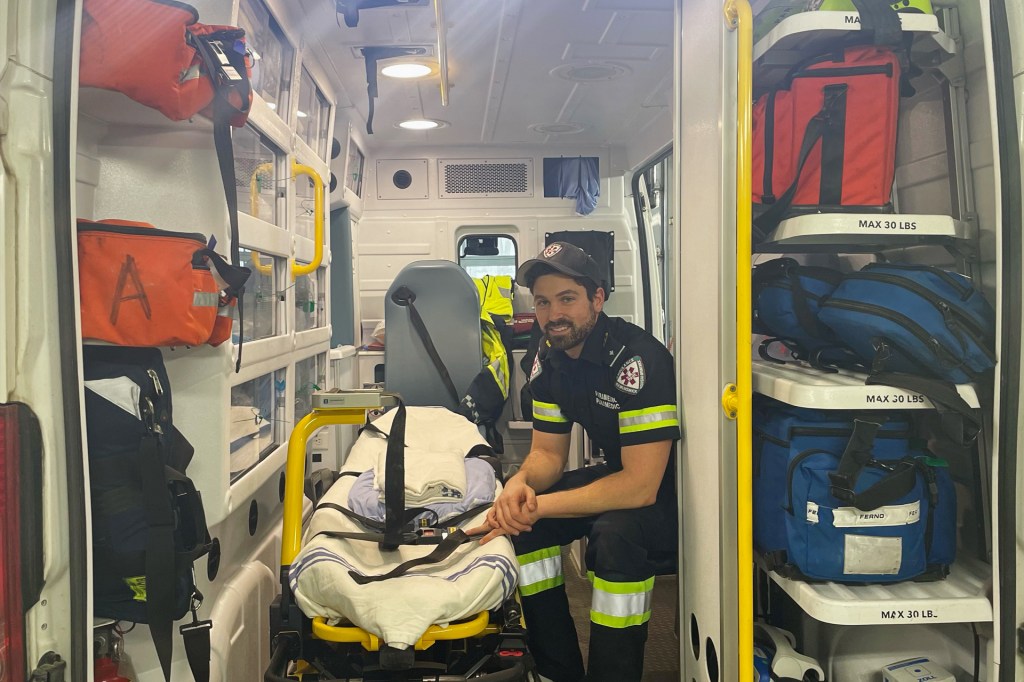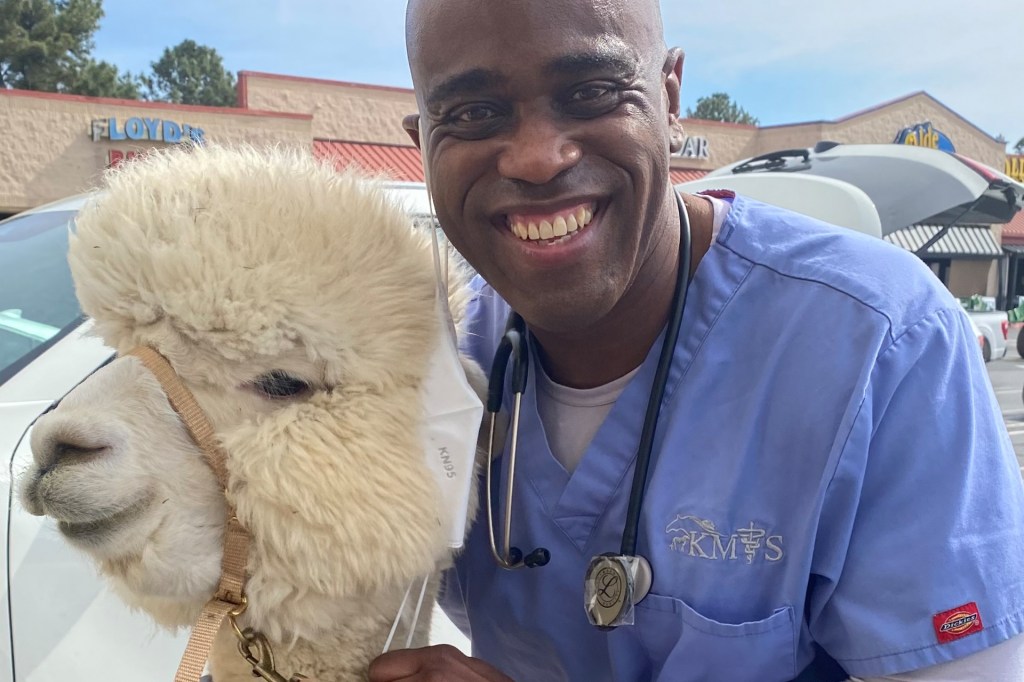
This story appears in the February 21, 2020, print edition of TIME for Kids. It was published online on February 13. It has not been updated.
The coronavirus outbreak
outbreak
 DIGITAL VISION/GETTY IMAGES
a sudden increase in the occurrence of a disease
(noun)
There was a chickenpox outbreak at Jordan's school.
that began in China has been called a public health emergency. Scientists are working to stop the spread and find a cure.
DIGITAL VISION/GETTY IMAGES
a sudden increase in the occurrence of a disease
(noun)
There was a chickenpox outbreak at Jordan's school.
that began in China has been called a public health emergency. Scientists are working to stop the spread and find a cure.
What is coronavirus?
Coronaviruses are a group of viruses that can infect animals and people. Some cause mild illness, like the common cold. Others can lead to serious illness. The type causing the current outbreak is new to scientists.
How did the outbreak spread?
The new coronavirus was first seen in December. It has been linked to a market in Wuhan, China. It’s possible the virus moved from animals to humans there. But people who didn’t go to the market now have the virus. So experts know it can spread between people.
How is the outbreak being handled?
People in at least 14 cities in China have been told to stay home. Schools, markets, and transportation systems have been closed. Many places, including the United States, have travel rules in place. They affect people who live in China and who have recently been to China.
On February 11, the illness was named COVID-19. Scientists around the world are working on a cure. The World Health Organization says it is doing everything possible to stop the spread.
What are the symptoms?
Symptoms include fever, coughing, and difficulty breathing. In rare cases, the illness can be deadly.
How many people have been affected?
At press time, China has confirmed nearly 60,000 cases of COVID-19. More than 1,300 people in China have died. Outside mainland China, there have been 441 confirmed cases and three deaths. Only 14 cases have been confirmed in the U.S. According to the Centers for Disease Control and Prevention, the virus “is not currently spreading” in the U.S.
What can I do to stay healthy?
It’s very unlikely you or anyone you know in the U.S. will catch COVID-19. But flu and other illnesses are common in winter. See “Staying Healthy” to learn how to protect yourself against illness in general. If you have questions, talk to a trusted adult.
Stop and Think! How do you know news about a public health issue is trustworthy? There’s a lot of misinformation about COVID-19. How can people sort fact from fiction?













